Why Do Babies Spit Up – Causes and Tips to Reduce It

One of the must-haves when shopping for a baby is a good supply of bibs, and for good reason! Babies spit up often, which can be messy and sometimes worrisome for new parents. While spitting up in babies is a common occurrence, many wonder whether it’s normal or something to be concerned about. In most cases, spitting up is simply a natural part of an infant’s development and digestion. Although it cannot always be prevented, understanding its causes can help manage it more effectively. Read on to learn everything you need to know about why is your baby spitting up a lot and how to reduce it.
Why Is a Baby Spitting Up So Much?
Psychological or uncomplicated reflux, which is commonly known as spitting up, is very common amongst young babies. Mothers often wonder why do babies spit up? Well! This happens because your baby’s digestive system, which is still developing, may make their stomach’s contents to flow back into the oesophagus or make them spit up. Most babies spit up regularly, and this reaches peek by the time they turn four months of age.
Young babies tend to swallow air along with breast or formula milk. This swallowed air gets trapped inside, with the milk. When this trapped air comes up, some of the milk comes up through the mouth or nose of the baby (1) (2). Babies also tend to spit up when they overfeed (3); this may happen when the baby feeds aggressively or when the mother’s breasts are too full. Some babies tend to spit up more than other babies. The spitting bouts may increase when the baby begins crawling, teething or starts having solid foods.
How Much Spitting Up Is Normal in Babies?
Most babies spit up about one to two mouthfuls at a time (4). The amount often looks larger than it is, especially when judging by the stains left behind. As long as your baby is gaining weight and seems content, occasional spitting up is normal. However, if the spit-up is frequent, forceful, or accompanied by discomfort or poor weight gain, it’s best to consult a paediatrician (2) (5).
Difference Between Spit Up and Vomit
Spitting up and vomiting are very different from each other. Knowing the difference between newborn vomit vs spit up is important, as spit up is usually harmless, while vomiting may indicate an underlying issue. Spitting up is usually seen in younger children (less than one year), but vomiting is more common in older children. Vomiting involves forceful throwing of the stomach’s contents, whereas spitting up is a natural flow of the stomach’s contents, usually along with a burp. If you find your baby is distressed after throwing up, then it is a bout of vomiting, as spitting up does not make the baby sick (3).
If the Baby Is Spitting Up a Lot, Can It Affect His Growth?
Usually, baby spit up does not hamper or affect their growth. If your baby looks comfortable, is gaining weight and is eating well, there is no need to worry. The calories lost from normal spitting up do not affect the weight gain or growth of your baby. However, spitting up can be a cause for concern in some cases. If your baby appears sick and is spitting up too often, it is recommended to seek medical advice.
When Do Babies Stop Spitting Up?
Spitting up is a certainly a messy affair and most mothers wonder when their baby will outgrow it. There may be increased spitting bouts as your baby grows, which may be due to increased feeding. However, you may notice a decrease in spitting up as your baby begins to sit and start eating solid foods. This usually happens at around 9 to 12 months of age (2) (6). By this time your baby’s stomach muscles become stronger and can hold food inside. However, some babies may spit up till they are one year old or longer than that.
Tips to Reduce Spit Up in Infants
You may try the following tips to reduce spit-up (1) (2) (5):
1. Do Not Overfeed
Spitting up can be caused due to overfeeding. If you notice your baby spitting up often, you may give less of breast or formula milk.
2. Do Not Shake
Do not shake or jostle the baby much after feeding. Keep the baby steady and in an upright position for some time after feeding.
3. Hold Your Baby in an Upright Position While Feeding
Do not let your baby slouch or curl up during the feeding sessions as it hampers the milk to reach up to the baby’s tummy.
4. Burp Your Baby
Burping is very important after each feed as it helps the air to pass away. You may also help your baby burp in between the feeding sessions.
5. Choose the Correct Nipple for Bottle Feeds
If you are feeding your baby from a bottle, make sure the hole of the nipple is neither too small nor too big. The smaller hole may irritate the baby, and the baby may swallow more air. On the other hand, the bigger hole may lead to gaggling and gulping.
6. Feed Him Before the Baby is Too Hungry
Do not wait for the baby to get too hungry. Hungry babies feed aggressively and swallow more air.
7. Keep Pressure Off the Tummy
Do not put pressure on your baby’s tummy after feeding. Make sure the clothing and diaper aren’t too tight. Do not press your baby’s tummy while burping. Avoid a car trip immediately after feeding.
8. Elevate Your Baby’s Head While Sleeping
If your baby spits up in sleep, you may elevate your baby’s head while sleeping. You may use a foam wedge under the mattress or use some block to elevate one side of the crib. You should not pillow to elevate the head of the baby as it can be extremely unsafe for the baby (using a pillow may cause SIDS).
When Can Spitting Up Be a Sign of a Problem?
Normal spitting up in infants is usually not a matter of great concern. However, the following cases of spitting can be a cause of concern or can be a sign of a problem (2) (3):
- If your baby spits up blood or green fluid, this can be a sign of a serious problem.
- If you notice your baby isn’t feeding properly or not gaining enough weight.
- If your baby cries a lot after feeding sessions, this could be because of severe reflux.
- If your baby sleeps less than usual and feels uncomfortable, you should seek your doctor’s help.
- If you notice your baby hiccupping or choking often, or notice bad breath, you should consult your doctor.
- If your baby often vomits (Vomiting and spitting are very different, and the baby is usually uneasy and cranky after vomiting).
- If you register signs of dehydration, such as a decrease in the number of wet diapers, get in touch with your doctor.
- If your baby begins spitting up after six months of age or later.
Though most cases of a baby spitting up after nursing are extremely common, if you notice any of the signs mentioned above in your baby, it is recommended to seek medical help. Your doctor may suggest treatment based on the symptoms of the problem. You may be advised about the correct feeding technique which may be helpful, and your doctor may prescribe medicines to treat reflux.
FAQs
1. Is it normal for babies to spit up curdled milk?
Baby spitting up curdled milk is common, especially if they spit up sometime after feeding. As long as your baby is gaining weight and seems comfortable, it’s not a concern.
2. Does the type of formula or breast milk affect spit-up?
Yes, some babies may be sensitive to certain formulas or foods in a breastfeeding mother’s diet, leading to increased spit-up (6). Switching to a hypoallergenic formula or adjusting the mother’s diet may help.
3. Does tummy time affect spit-up?
Laying a baby on their stomach too soon after a feeding can increase spit-up. It’s best to wait at least 30 minutes before starting tummy time.
Some home remedial measures may help reduce spitting up in babies. However, if you notice any abnormal signs or symptoms, you should get in touch with your doctor.
References/Resources:
1. American Academy of Pediatrics – Why Babies Spit Up
2. University Hospitals – Baby Spit-Up: How Much Is Too Much?
3. Nemours KidsHealth – Breastfeeding FAQs: Spitting Up, Gagging, and Biting
4. Seattle Children’s Hospital – Spitting Up – Reflux
5. Icahn School of Medicine at Mount Sinai – Spitting up – self-care
6. Texas Children’s – Why is my baby spitting up so much breast milk?
Also Read:
Is Drooling Common in Infants?
Infant Spitting up Through the Nose
Is It Normal for Baby to Vomit Mucus?
Common Health Problems and Diseases in Babies
Was This Article Helpful?
Parenting is a huge responsibility, for you as a caregiver, but also for us as a parenting content platform. We understand that and take our responsibility of creating credible content seriously. FirstCry Parenting articles are written and published only after extensive research using factually sound references to deliver quality content that is accurate, validated by experts, and completely reliable. To understand how we go about creating content that is credible, read our editorial policy here.








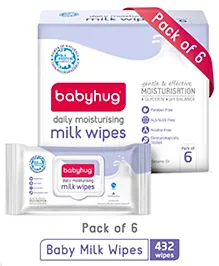
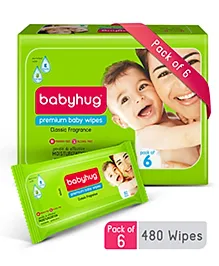



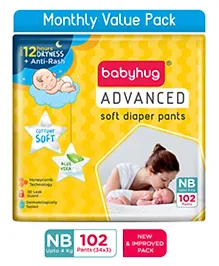



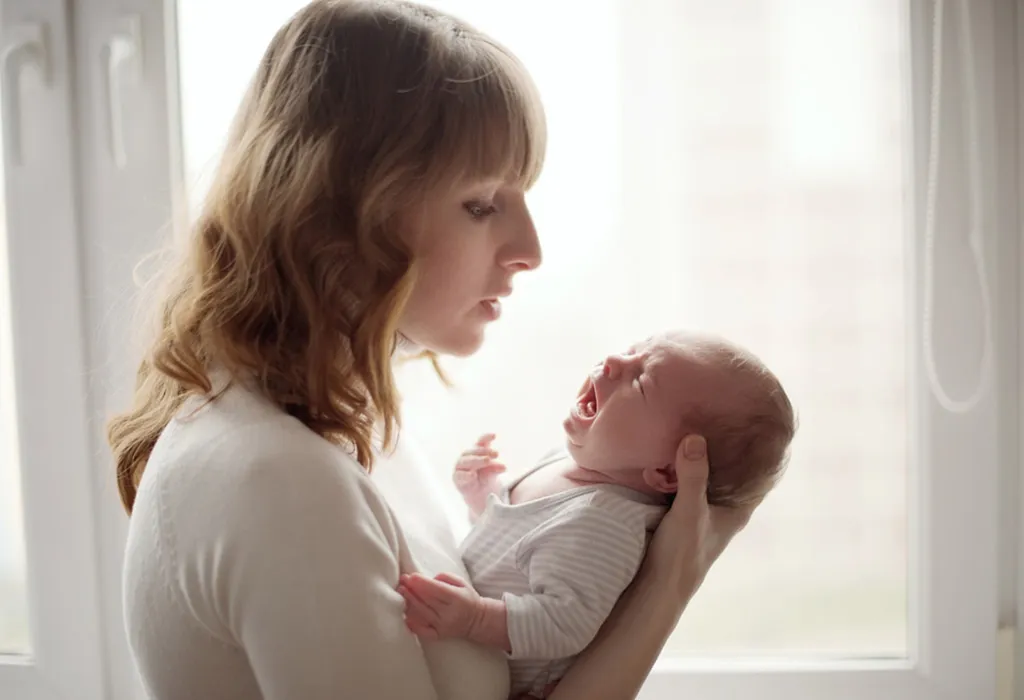



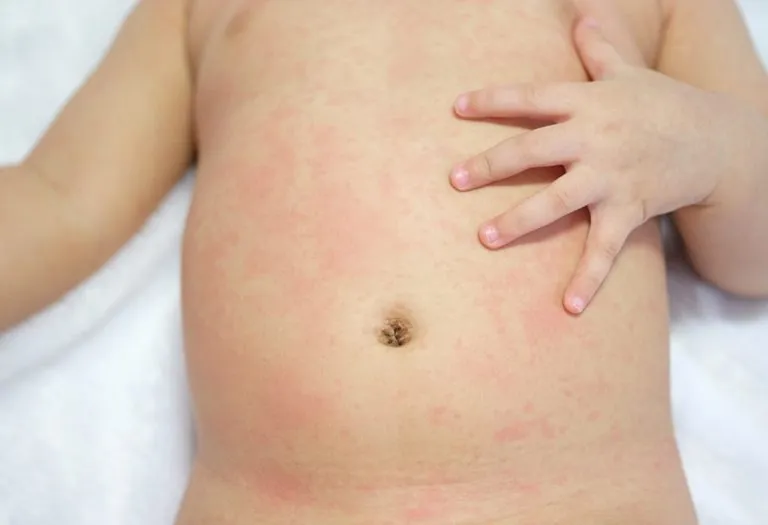
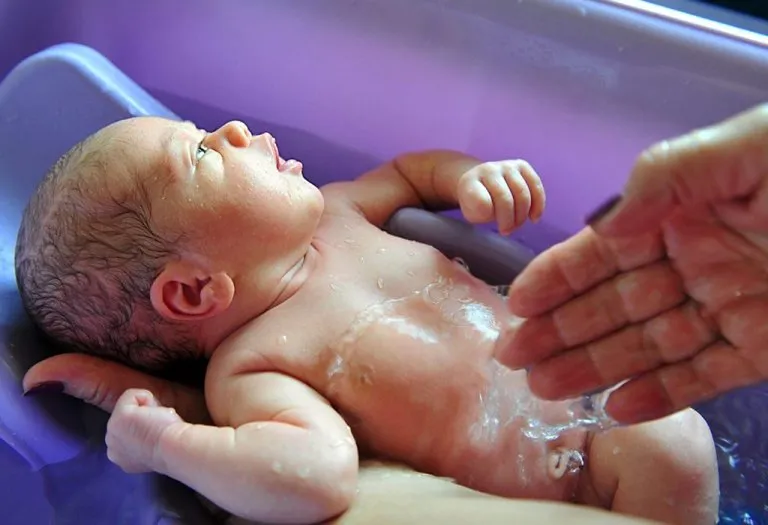


.svg)


















